Community Based Rehabilitation
Nazira is a mother of a child with disability, and a new staff of our partner organization. She participated in a training on early intervention for children with hearing and visual impairments. The training was conducted by an international expert who has had many years of experience working with children with hearing and visual impairments.
Nazira has been bringing her child for rehabilitation services to our partners for several years. Her child has been diagnosed with cerebral palsy and he also has hearing impairments. Nazira is an active mother, who works hard to see the development of her child and works closely with the staff in the organization.
After participating in the training, Nazira is better equipped with knowledge and skills, which she uses in her daily work activities with children. The training topics and practice were very helpful and effective for her.
Nazira says:
“Since my child has hearing problems, I try to learn something new every day and help my own child and other children with disabilities to improve their health, skills and social communication. I am very thankful to be a part of this intervention, as I had an opportunity to learn Sign Language, so that I could communicate with my child and understand his world better. I do not want him to feel lonely.
“After attending their training on how to work with children with hearing and visual impairments, I understood the importance of using flashcards and I started to practice that with my own child.
“As a mother, I share my knowledge with parents and after participating in the training, I recommend that each family regularly does checkups of the hearing aids of their children”.
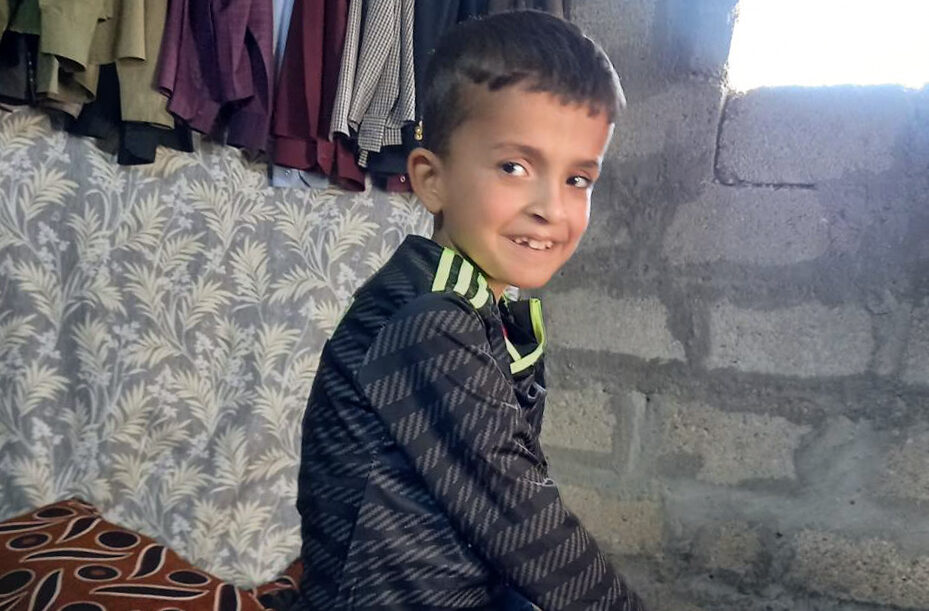
Hope Stored in His Heart
Most of all we sense that Haitham now has hope stored in his heart that he did not have before.
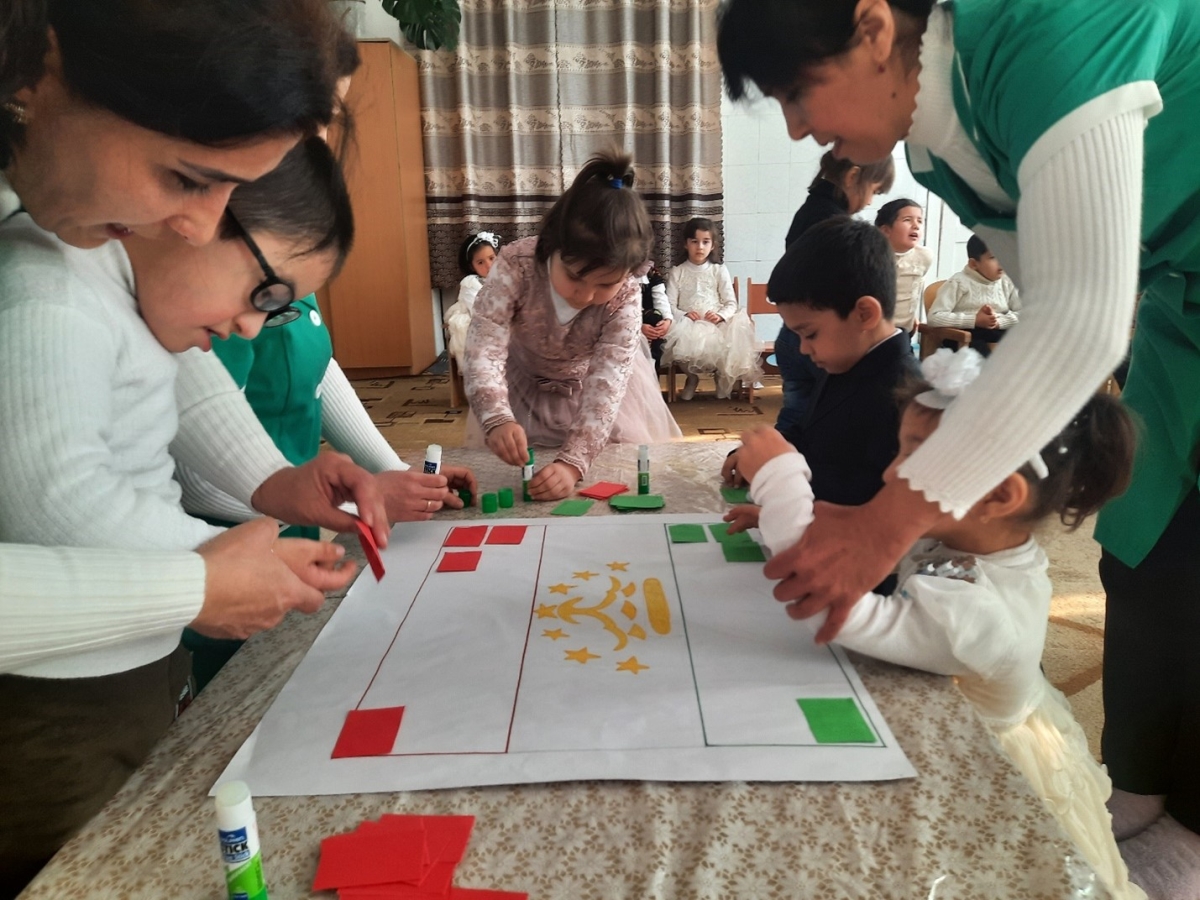
Perseverance Brings Progress
Now Rustam can express himself, he is socializing with his peers, and he is participating in the cultural events of the organization. Rustam is ready to go to school!
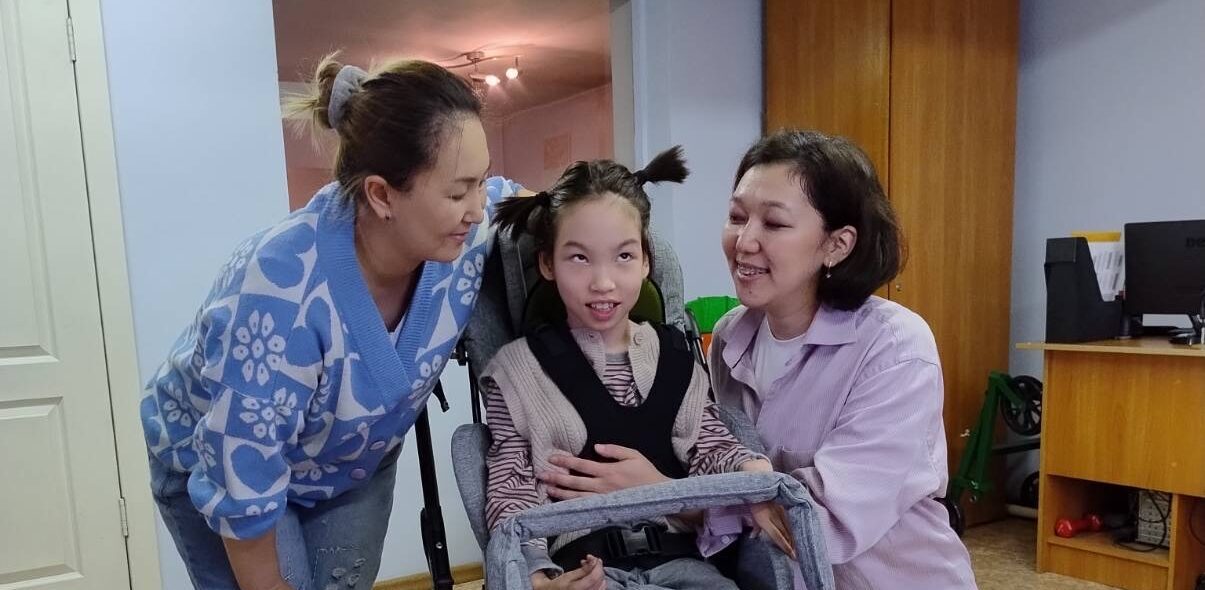
Empowering Mothers
“It is so important that you know your rights!”
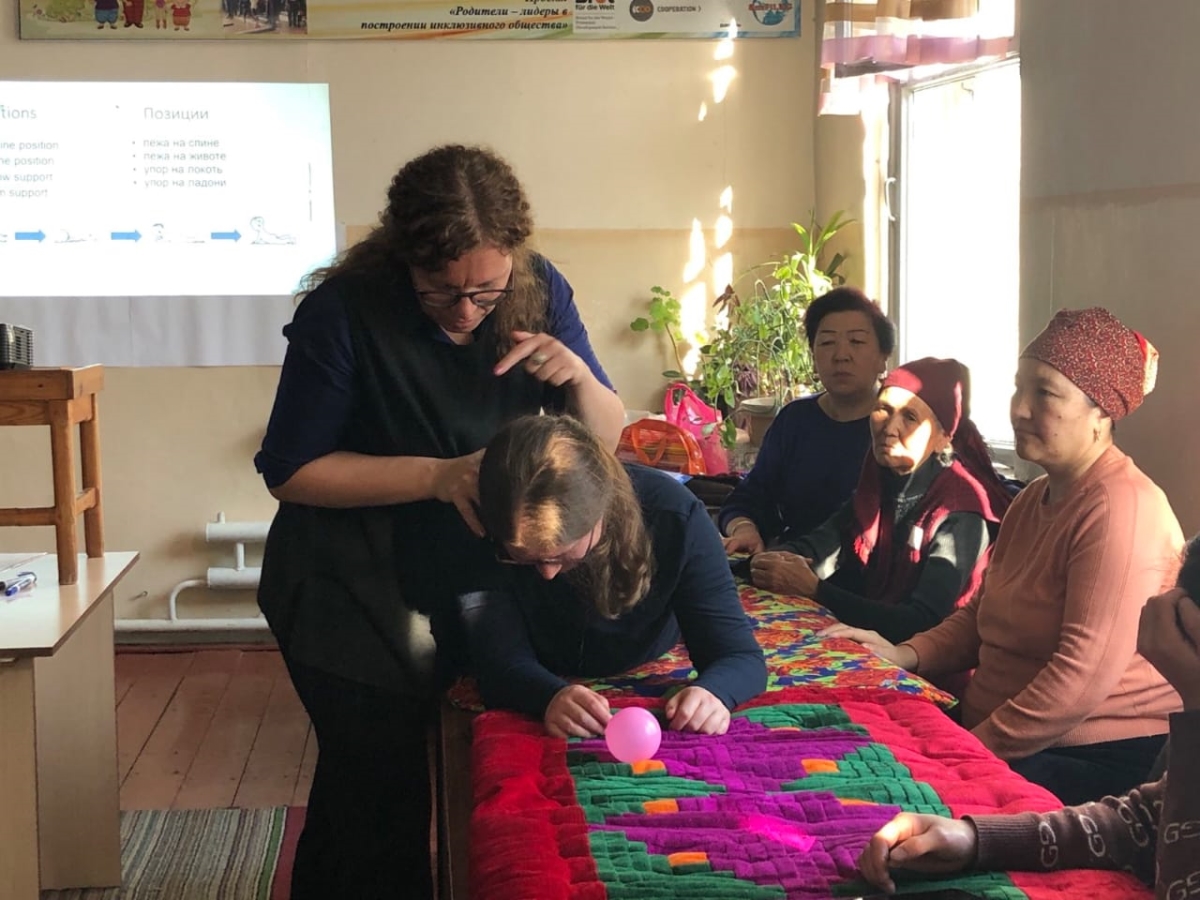
Showing a New Way
The staff helped Aygul and her colleagues better understand the effects of CP on the children and ways to increase the children’s mobility.
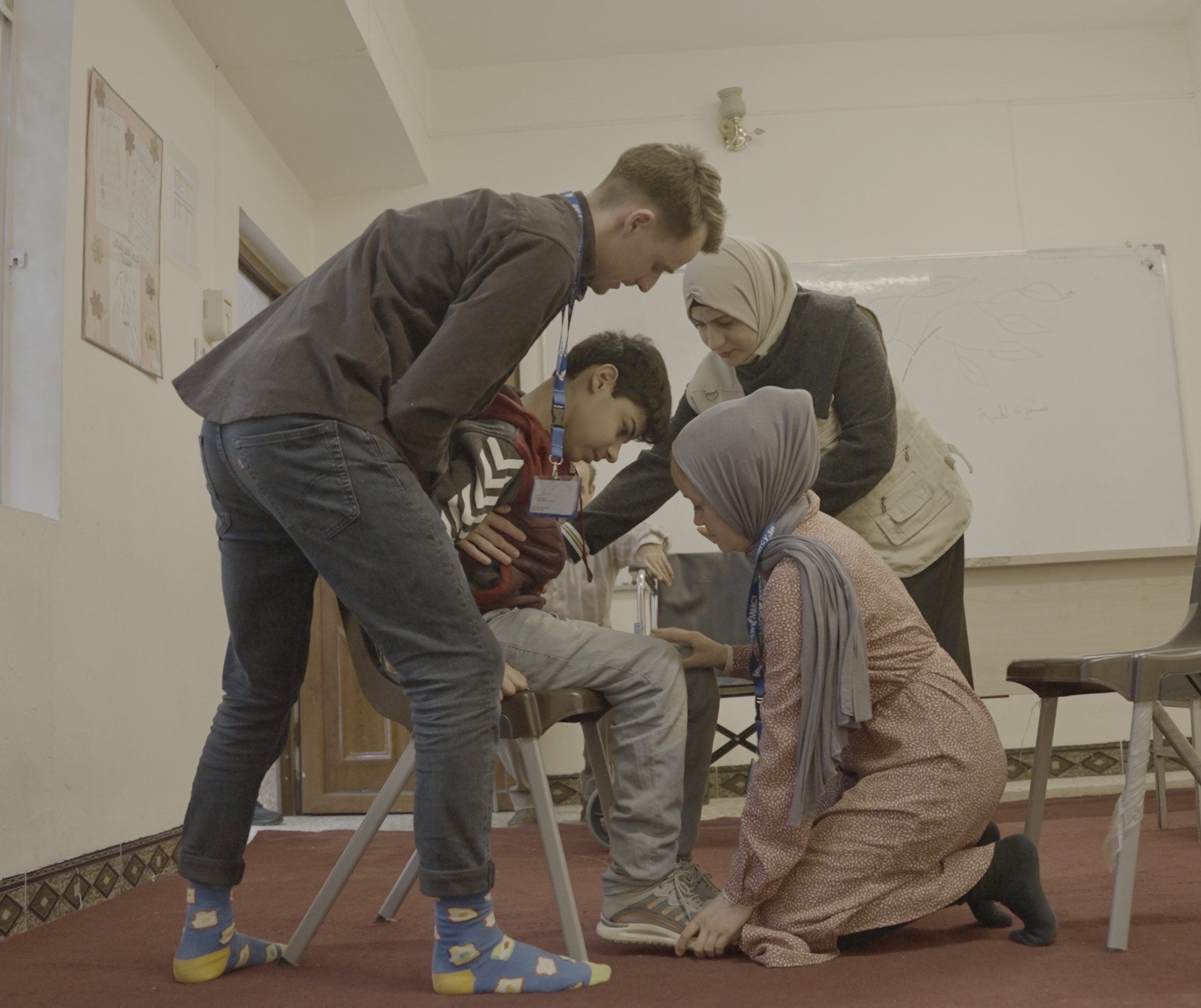
Truth Boost
In spring 2023 we partnered with another NGO. Their local staff were running a centre in the old city for children with learning disabilities.
They wanted to integrate children with physical disabilities and asked our physical therapist (PT) and our occupational therapist (OT) to work specifically with these children.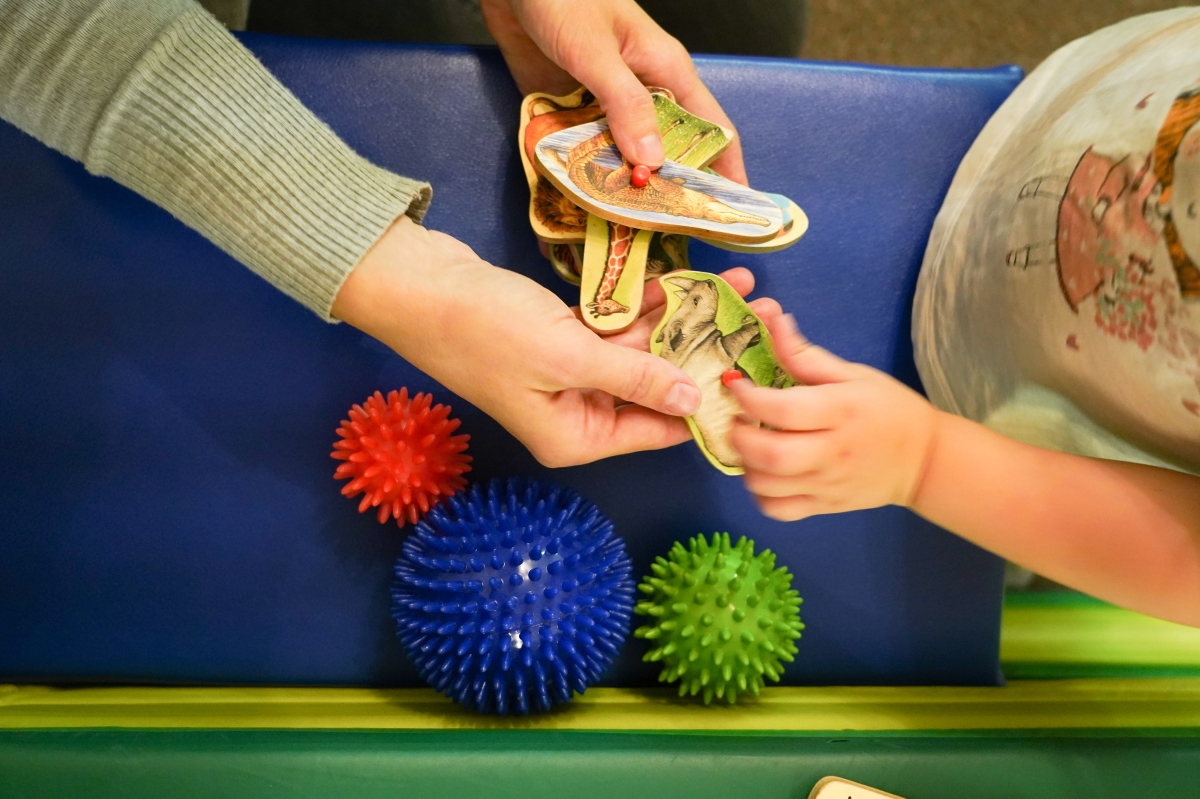
Professionalism Produces Results
Practical training like this empowers therapists to be more professional and to achieve better results in their treatment.
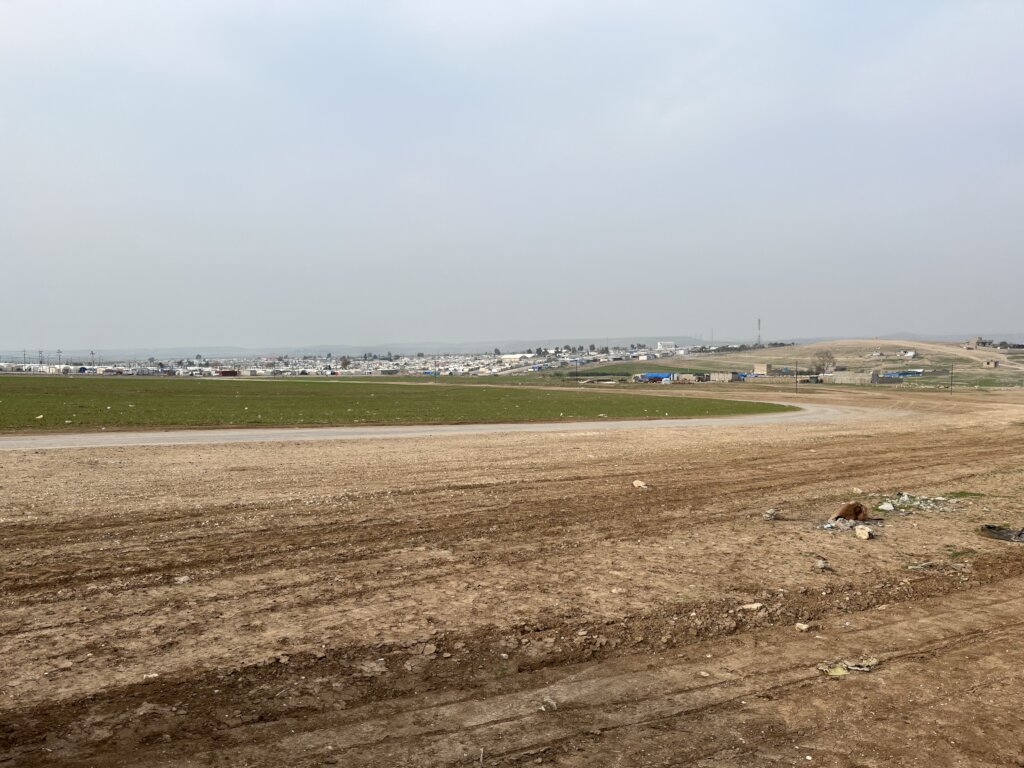
How a Mother’s Life Was Changed
On his own, he began to stand up and to hold himself on the wall.
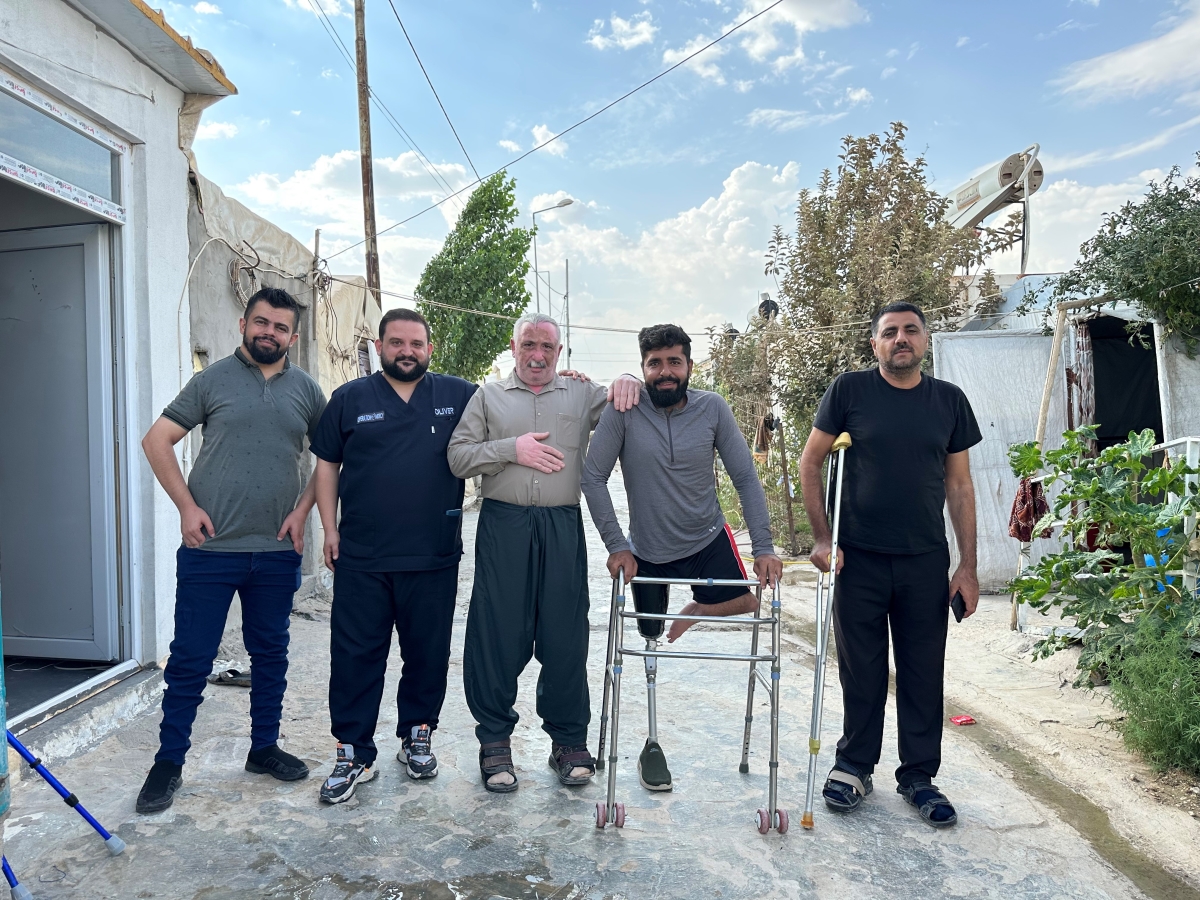
Trust is Built Through Peer Groups
This group of four men became eager to meet each other and friendship was formed.
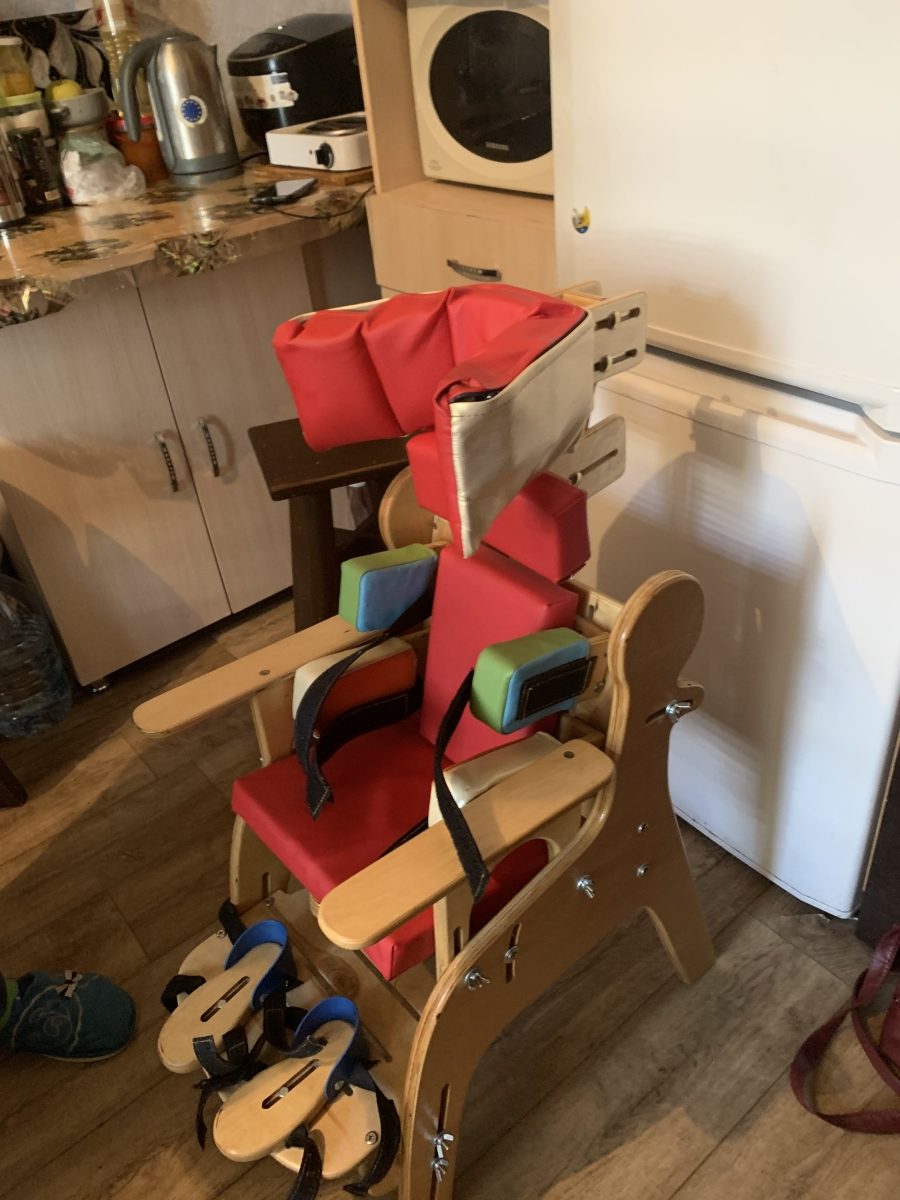
Partnership for Change
Both organizations continue to work in partnership with the mom and her son and we are seeing positive changes in their lives.
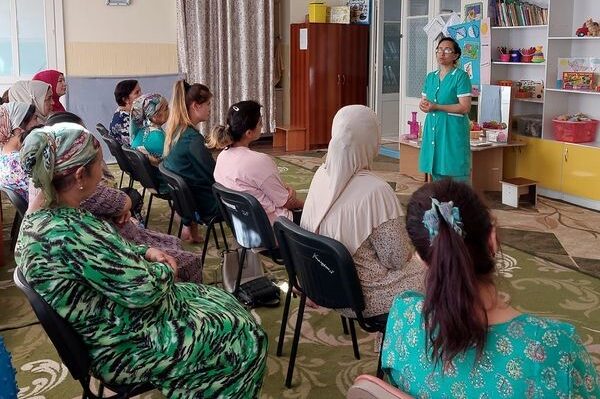
Never too late to learn!
With the support and help from the staff I learnt how to take care of a child with disability.
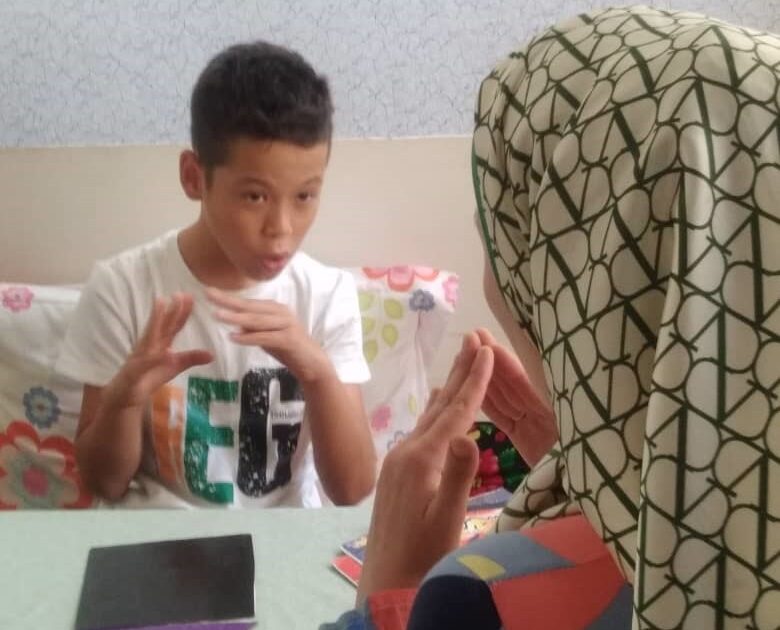
We Learn Together to Improve Our Lives!
Nazira is a mother of a child with disability, and a new staff of our partner organization. She participated in a training on early intervention for children with hearing and visual impairments.
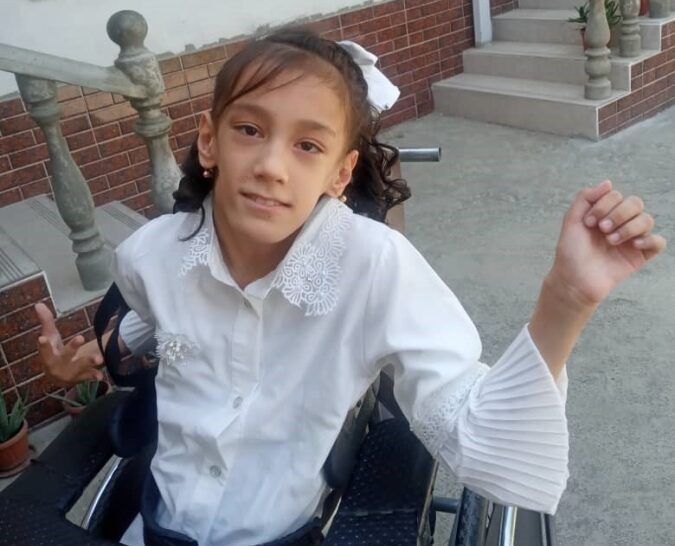
Opening Doors to Equality
Children with disabilities (CWD) are being given the chance to learn at mainstream schools thanks to one of our partner organisations in Tajikistan.
School accessibility is one of the most important components of providing inclusive education and promotion of the rights of children with disabilities.
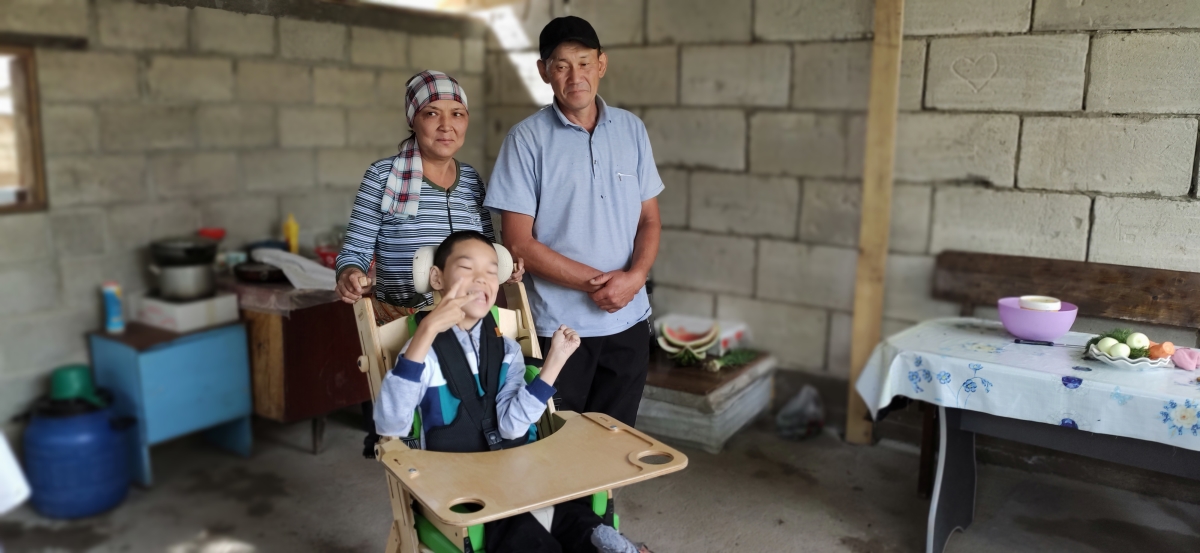
Receiving Help, Taking Responsibility
Amantur lives on a small farm in Kyrgyzstan that is quite remote, lying between two villages.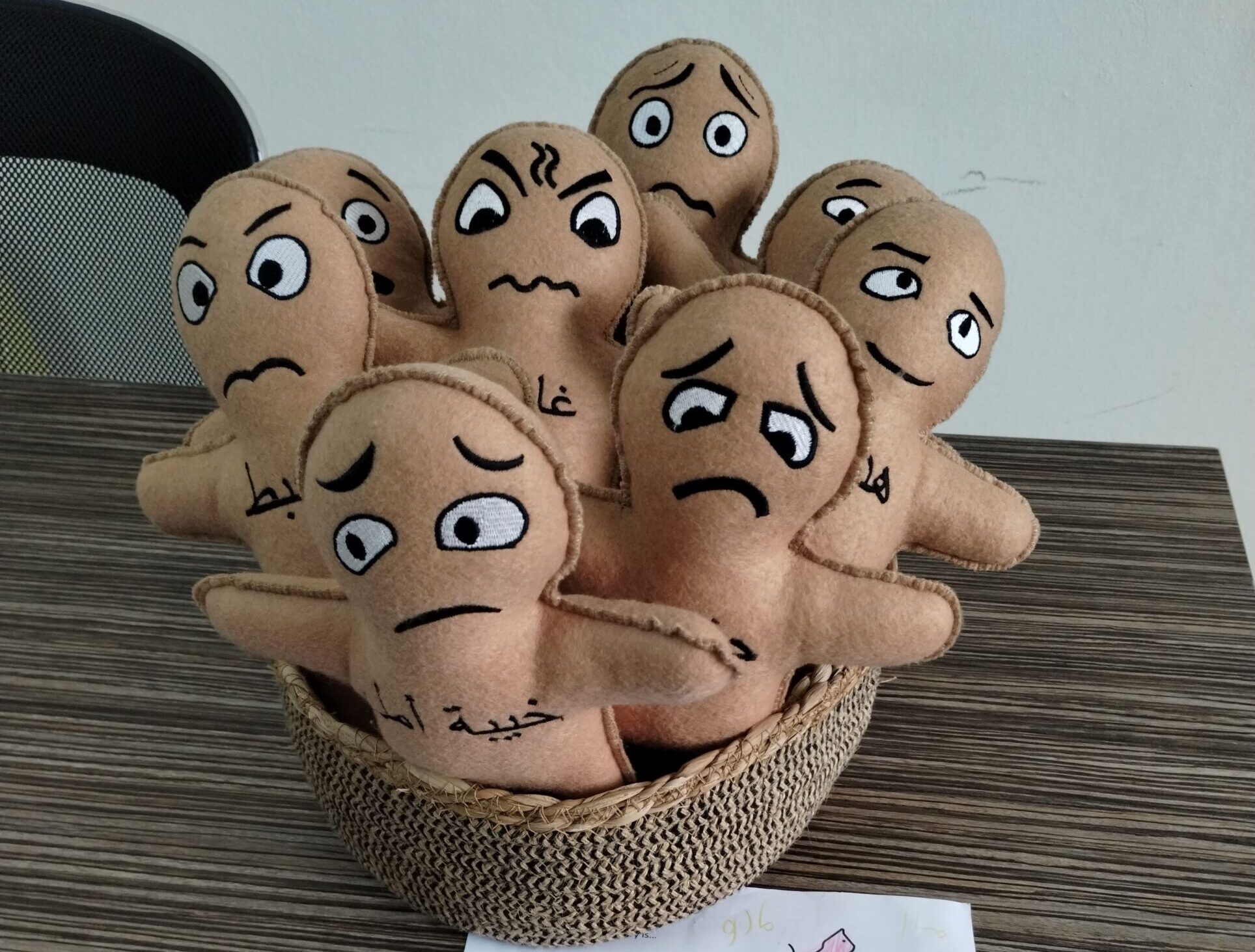
Healing and Growth
During a wedding in a small local village a large fire broke out!
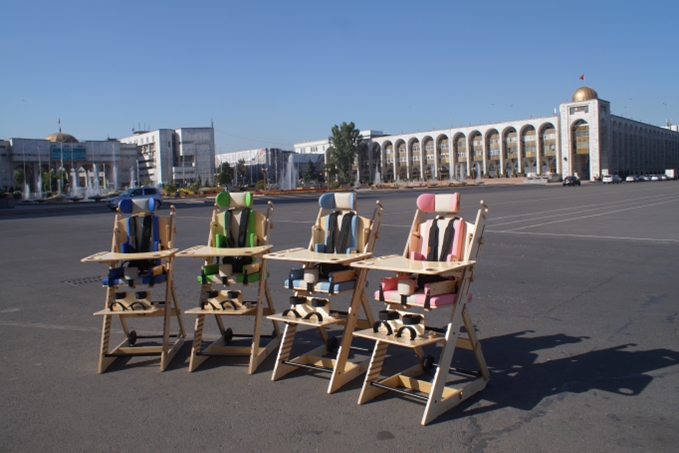
Chairs for Children
Positioning and proper support for children with disabilities is important for their development
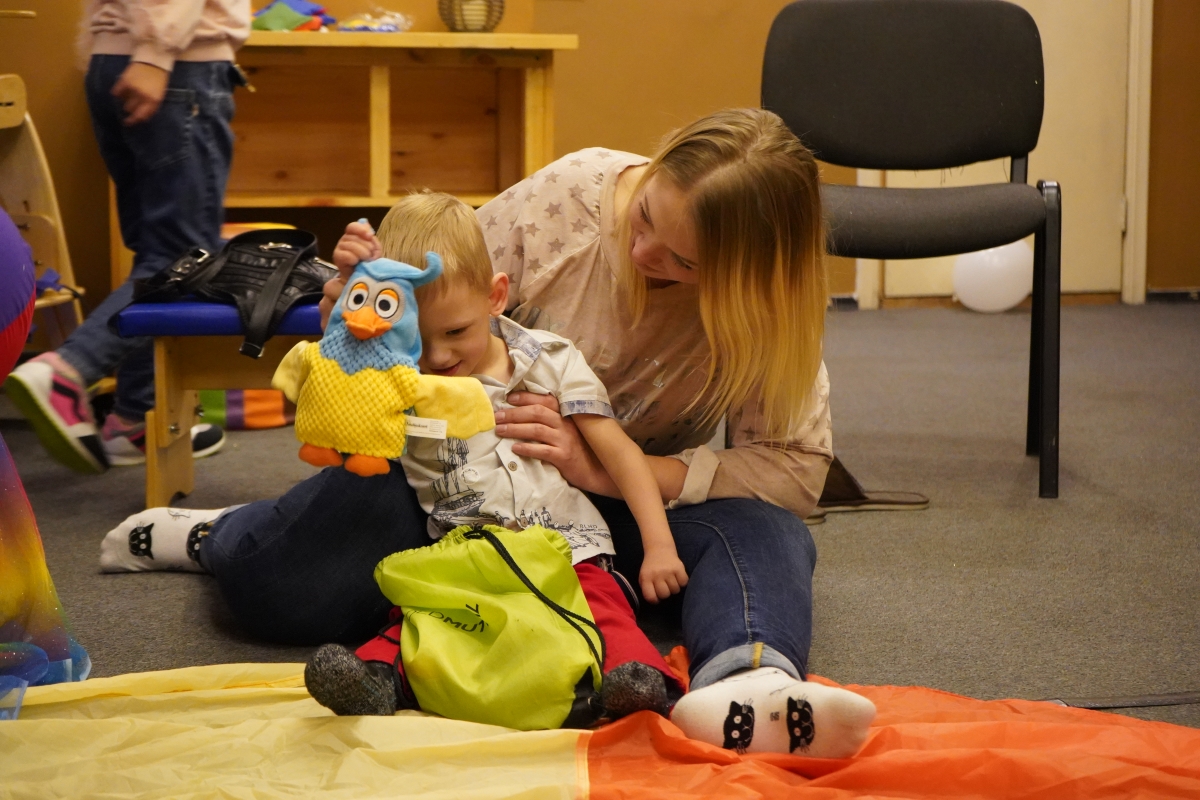
Now He Sits Like a King!
Positioning and proper support for children with cerebral palsy is crucial to their development and also to interacting and engaging with their environment.
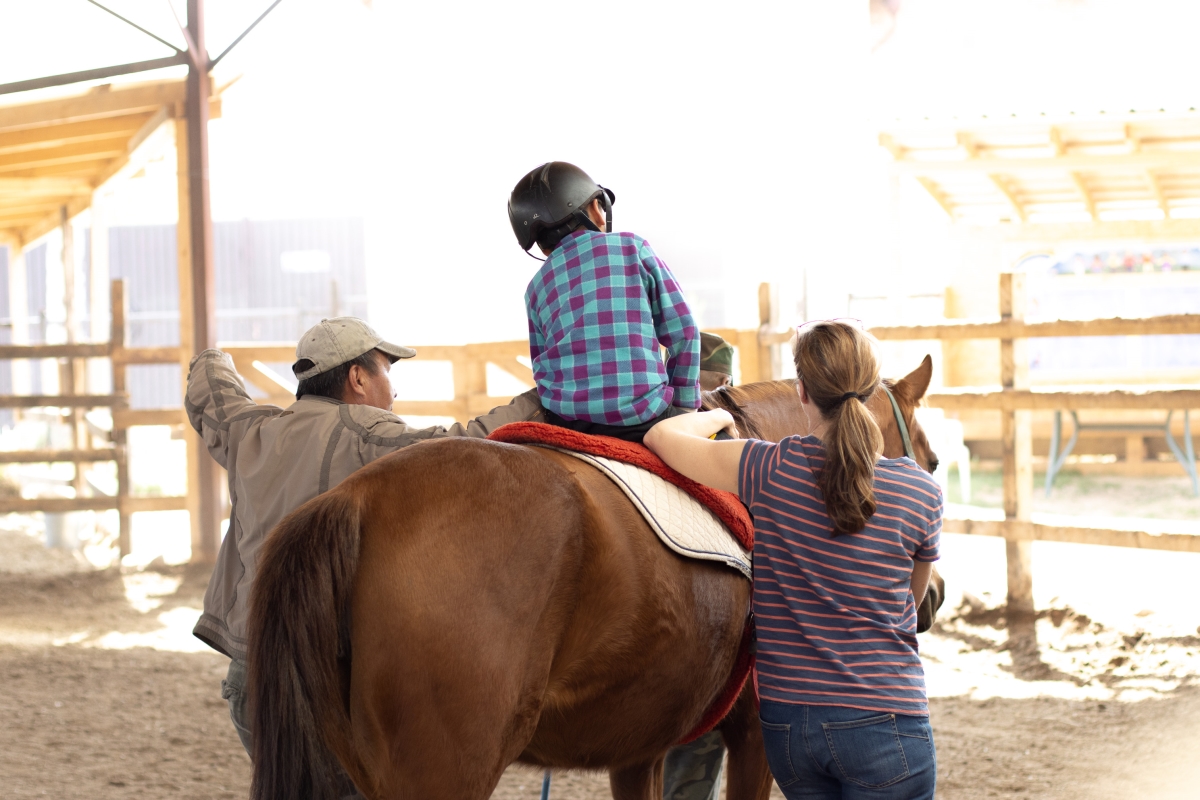
The View Changes
After a couple of sessions on the back of a gentle horse, Jamal now rides with a smile on his face.
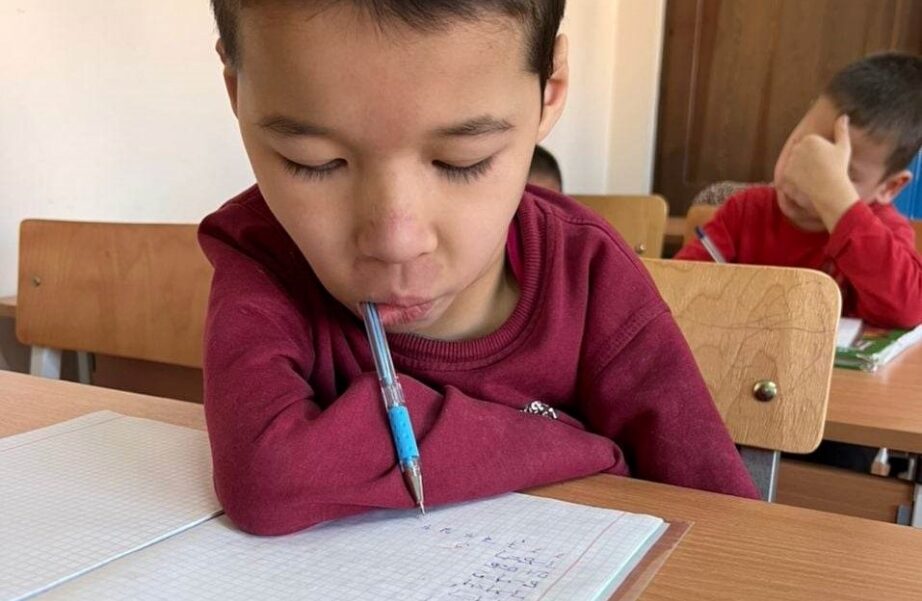
Changing the Trajectory
Danior used to be angry all the time. He was quick to attack and hit the other kids at the children’s home. He had reasons to be angry –
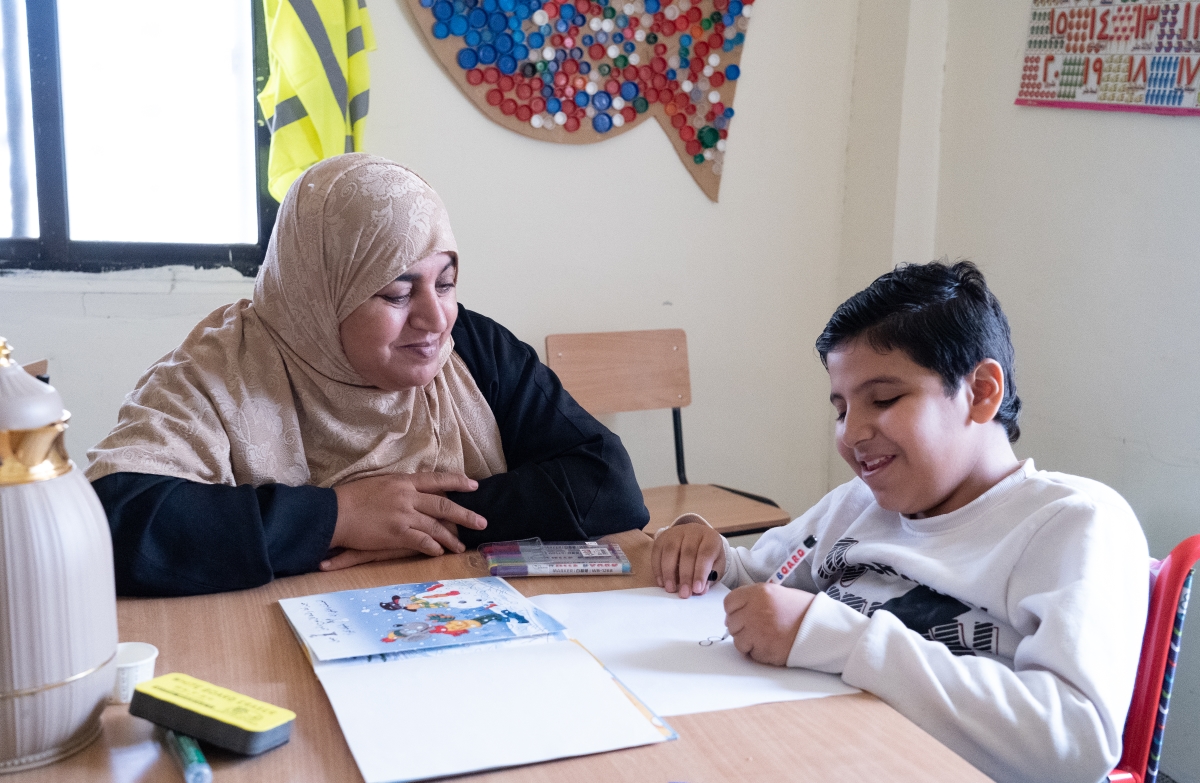
New Horizons
The view of the horizon from the CBR window is changing. As new life sprouts up and lurches forward around the CBR Center and throughout the villages,
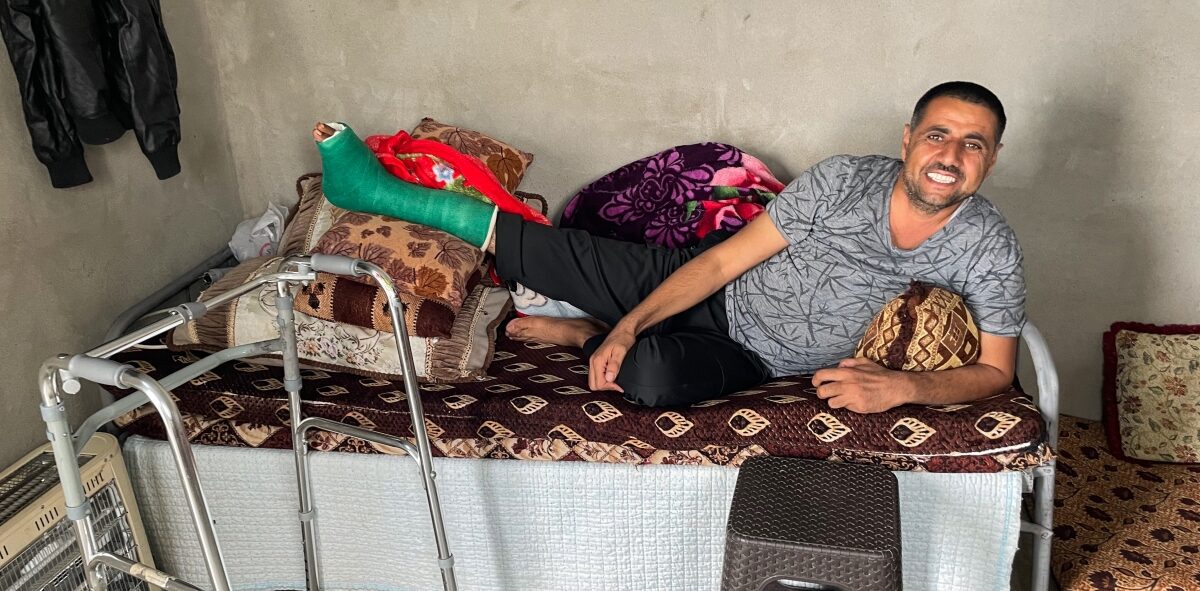
Partnerships for Good
He now has a stable home for him and his family and is walking on his “new” foot.
